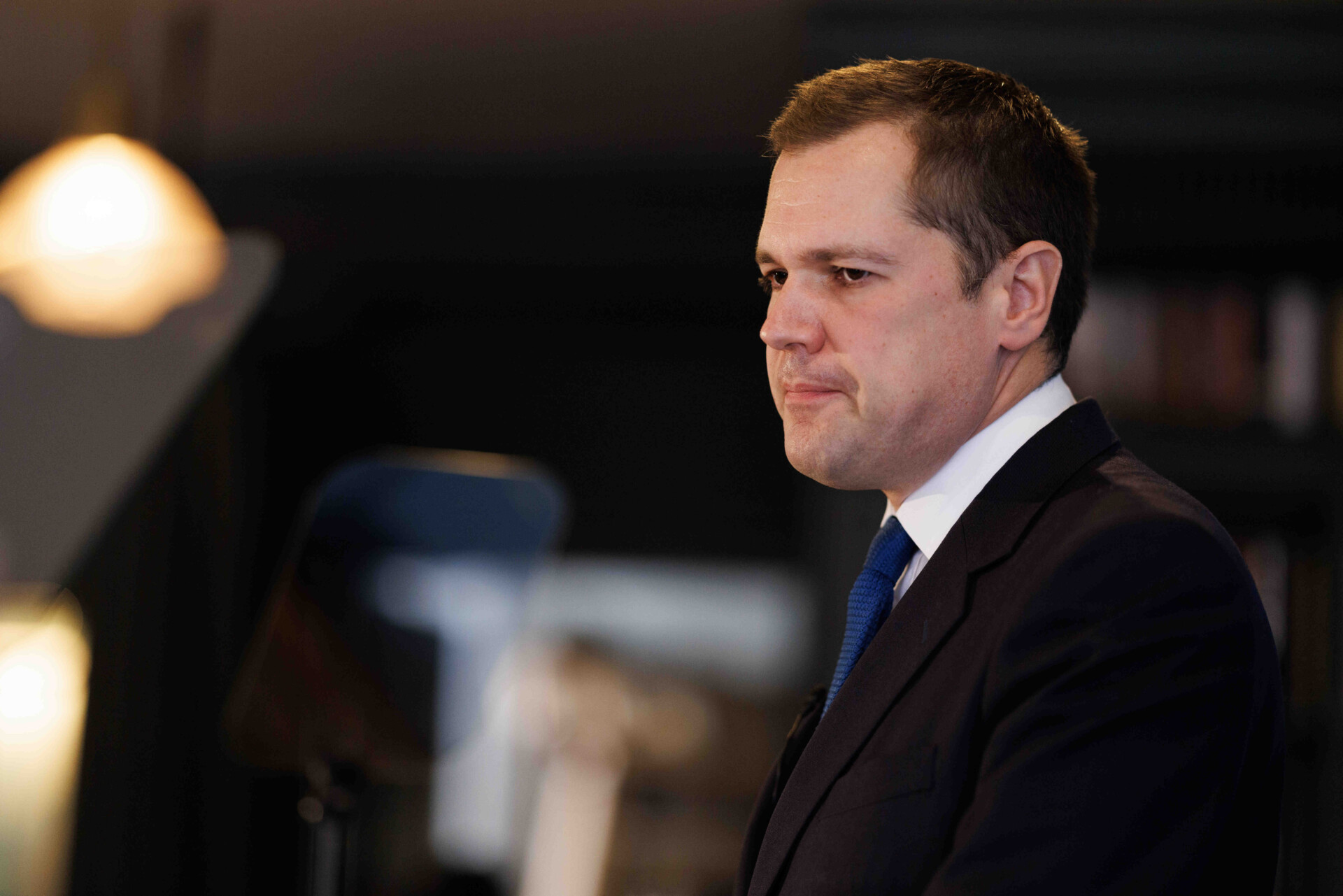At a time of unprecedented political volatility, in picking Badenoch for leader, the Conservative Party’s aging membership — if not, apparently, its MPs — chose continuity. It is perhaps a sign of how radically British politics is shifting (largely, ironically, as a result of the Conservative Party’s own failed governance record) that by the end the contest came down to two candidates of the Tory Right — or at least what now passes for the Tory Right.
Did the party make the right decision? It is difficult to critique Badenoch’s platform on a policy level, because her campaign chose not to propose any, instead running on vibes. By the numbers, Jenrick could be seen as the stronger performer, with polling showing him as the preferred candidate of everyone outside the Conservative Party membership — which is to say, the electorate at large. Indeed, the battle between Badenoch and Jenrick was an intergenerational war within the British Right, with younger reformists backing Jenrick, and older members fighting the culture war battles of half a decade ago, hailing Badenoch often on grounds of identity politics.
On immigration, now rapidly becoming the defining issue of British politics, Jenrick possessed a clear advantage, having resigned in protest at the destructive “Boris Wave” of post-Covid mass migration, either as a matter of principle or because he could read the political runes. Through a mixture of concrete policy proposals and a generally combative attitude, Jenrick had suddenly emerged as the candidate of the anti-mass immigration Right, outflanking Reform and presenting a plausible path towards retaking the Red Wall. Throughout the campaign, Farage had shown himself rattled by Jenrick’s performance, and his relief today, observing that “what you’ll get with Kemi Badenoch is more of the same,” was palpable. As Reform MP Rupert Lowe declared on X, “Badenoch wins – I have never been more confident that Reform will outright win the next general election.”
But even beyond immigration, Jenrick was simply a stronger candidate. While both contenders ritually invoked Thatcher’s legacy, as is customary for their party, Jenrick presented a clear and attractive emphasis on industrial policy. He focused on cheap energy with an emphasis on nuclear power — particularly the Small Modular Reactors so bafflingly neglected by the state — alongside infrastructure building and supply-side planning reforms. As Jenrick observed, “the economic consensus of the last 25 years is collapsing,” and in fact the rhetorical gap between Jenrick and Starmer on reformist industrial policy is markedly narrow. If anything, Jenrick offered all the attractive elements of Labour’s economic offer with none of its flaws of crippling taxation and a risky and soon-to-be politically toxic emphasis on renewable energy over a stable and secure path to decarbonization.
It remains to be seen whether Badenoch can revive the Tory party’s fortunes. Starmer’s floundering Labour government will allow any opposition to play politics on easy mode — but it is hard not to view Badenoch’s victory as a missed opportunity for reformist conservative governance. As Labour slump, and Reform sigh in relief, her elevation will leave British politics a three-horse race for the near future — but this may in itself be a productive outcome.
Jenrick, whose rapid political ascent and energetic and headline-grabbing campaign culminated in a tighter contest than many had expected, should console himself that, with Britain’s political winds blowing in his direction, today’s defeat is likely only a temporary setback. The crown of British political reform still lies in the gutter — if Badenoch means to wear it, she needs to start outlining what she proposes to do, not just who she is. The party may be won by platitudes, but the country remains restive and hungry for serious change — and is more willing than ever to turn on politicians who fail to deliver it.











Join the discussion
Join like minded readers that support our journalism by becoming a paid subscriber
To join the discussion in the comments, become a paid subscriber.
Join like minded readers that support our journalism, read unlimited articles and enjoy other subscriber-only benefits.
Subscribe